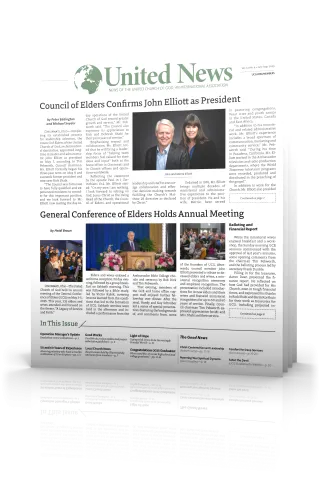Coping with Stress in an Increasingly Stressful World

How you choose to interpret and respond to stressful events plays a major role in the level of stress you experience.
Understanding Stress: Causes and Effects
Stress is a natural reaction to the challenges and perceived threats you encounter in life. In many cases it serves an important purpose—it can motivate you to take action, solve problems and even ensure survival in dangerous situations.
Stress can stem from external events and circumstances, such as work demands, financial pressures or unexpected life changes—things often beyond your immediate control. It can also arise from internal factors, including your thoughts, perceptions and emotional responses—areas where you do have some measure of control. How you choose to interpret and respond to these events plays a major role in the level of stress you experience.
While short-term stress can be helpful in motivating you to act, chronic or long-term stress can take a serious toll on your physical and mental health. Over time, it may contribute to health problems like heart disease, obesity, high blood pressure and depression.
Long-Term Stress and its Impact on Health
To reduce the risk of stress-related health issues, it’s important to cultivate healthy lifestyle habits. Here are a few key practices that can help manage stress and support overall well-being:
Prioritize sleep:
Aim for seven to nine hours of quality sleep each night. Proper rest is essential for emotional regulation, brain function and physical health.
Stay active and spend time outdoors:
Engage in at least 30 minutes of exercise, three to five times a week. Physical activity boosts the production of serotonin and endorphins, brain chemicals that naturally combat anxiety and depression.
Eat well:
A balanced, nutritious diet supports brain chemistry and improves the coping mechanisms in the brain. Nutrient-rich foods help stabilize mood and energy levels.
Avoid addictive behaviors:
Unhealthy coping mechanisms—such as pornography, excessive alcohol consumption, illicit drug use, gambling and compulsive shopping—may offer temporary relief but often worsen stress and lead to long-term harm. Seek healthy ways to process and manage emotional challenges.
Navigating Difficult Times
How do you bring peace and calm into difficult situations? In times of stress and difficulty, it’s essential to cultivate a godly mindset—one that stands in contrast to the anxiety-driven attitudes promoted by the world and our adversary, Satan the devil. Developing spiritual habits rooted in faith can help bring genuine peace, even in the midst of life’s storms.
Seven Ways to Find Calm in Times of Stress
Here are seven ways to bring calm and clarity into challenging situations:
1. Trust in God
Place your confidence in God’s power, wisdom and timing. Remember that He is in control, even when circumstances feel overwhelming. “You will keep him in perfect peace, whose mind is stayed on You, because he trusts in You” (Isaiah 26:3).
2. Focus on the present moment
Avoid getting lost in regrets about the past or anxiety over the future. Jesus taught not to worry about tomorrow (Matthew 6:34). Staying present helps reduce fear and increases awareness of God’s constant care.
3. Seek God’s peace
God offers a peace that surpasses human understanding (Philippians 4:6-7). Take time to pray, be still and ask Him for the calm that only He can give.
4. Develop a grateful attitude
Practicing gratitude shifts your focus away from problems and toward the blessings in your life. Thankfulness nurtures contentment and renews the mind. “And let the peace of God rule in your hearts, to which also you were called in one body; and be thankful” (Colossians 3:15)
5. Let go of burdens
You’re not meant to carry everything alone. Cast your cares on God (1 Peter 5:7), trusting that He cares for you and will provide the strength you need.
6. Meditate on God’s Word
Scripture is a source of truth, comfort and direction. Reflecting on God’s promises helps realign your thinking with His perspective, especially in stressful times. “I will meditate on Your precepts, and contemplate Your ways” (Psalm 119:15)
7. Find support in the Church
You are not alone. Lean on your spiritual family for encouragement, prayer, and practical help. “Bear one another’s burdens, and so fulfill the law of Christ”
(Galatians 6:2).
Reframing Your Thoughts: The Power of Faith in Reducing Stress
Anxiety often arises when your brain perceives a threat—whether real or imagined. The body’s stress response is triggered either way. That’s why learning to reframe your thoughts—to see challenges through a lens of faith and truth—can be so powerful. By intentionally replacing anxious thoughts with positive, faith-filled thoughts from God’s Word, we can reduce or even eliminate stress, strengthening both our emotional and spiritual resilience.
If you are struggling to cope with stress in your life and need additional guidance, please know you’re not alone. You can contact the Light of Hope Helpline at (888) 241-6211 or email us at hope@ucg.org.
This confidential resource, provided by the United Church of God, connects individuals with licensed mental health professionals within the Church who are ready to offer support and help you find constructive, godly ways to address your challenges.








